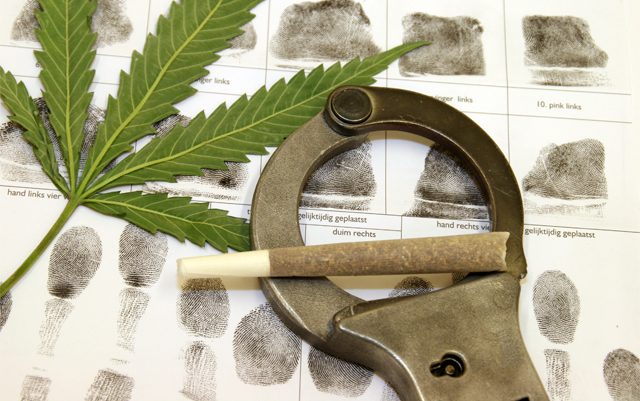Two years ago, Illinois lawmakers decided to decriminalize possession of up to 10 grams of cannabis – making it a civil penalty instead of a criminal one. This means that those who were caught with cannabis after the law was implemented in 2016 were fined for their possession, as opposed to seeing numerous court dates, probation or even jail time. While this was a major improvement for the state, it lacked a way to address all the previous criminal convictions for something that was no longer a crime.
“As the conversation about legalizing recreational marijuana continues to gain traction, it would be irresponsible of legislators to overlook the damage over-criminalization has caused,” Lightford, D-Maywood, said. “This measure is about helping nonviolent offenders rehabilitate and have a better chance of getting a job.”
Luckily, Illinois Assistant Majority Leader Kimberly Lightford decided to promote a bill which would provide a path for people to petition a judge to expunge their conviction or guilty plea for possession cases dating prior to July 29, 2016. The bill will have to make its way through the Senate in order to see Governor Bruce Rauner’s potential signature.
“We have to make sure everyone in Illinois is employable and you start by making sure people who have minor offenses like this on their records are able to get those expunged,” Ford, D-Chicago, said.
There are many people in support of the bill since it has been proven that criminalization causes a number of social issues, costing people job and housing opportunities. Prospective employers would much rather higher someone with a clean record over someone with a misdemeanor or worse, felony – even if the charge is only related to a harmless plant.
A 2013 report from the American Civil Liberties Union, which likely played a part in the decriminalization of cannabis in Illinois, found that African-Americans in the state 7 times more likely to be arrested for cannabis possession. Similar figures have been found all around the country, proving that even today cannabis criminalization is still somehow racially uneven, although all races appear to consume cannabis at similar rates.
“We need fairness and equity in the process,” Ford said. “This is just the first step in ensuring that this ‘war on drugs’ that we’ve been fighting that has disproportionately affected black and brown people in the city of Chicago, is fair.”
This bill would ensure that those with past convictions for cannabis possession have a clear path to having their records cleared of what is no longer considered a crime. The only requirement is that three years have passed since the sentence was completed and the charges were prior to the July 2016 change in law. While not something most would think of as a high priority in cannabis policy, this is certainly something that affects thousands of individuals, so seeing the legislature take it up is a very positive step forward.






